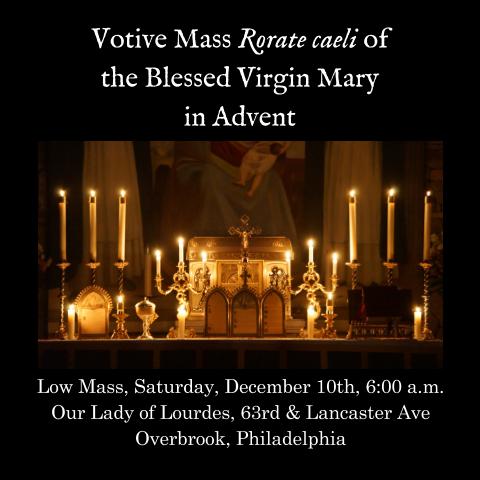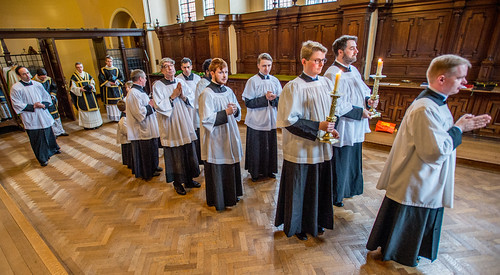"Resistance and Fidelity to the Church in times of crisis"
Prof. Roberto de Mattei
From a conference given in Florence -
October 2, 2016
1.The infallibility and
indefectibility of the Church
The Church has been through the
gravest crises in the course of Her history: external persecutions like those
which characterized the first three centuries of Her life and since then have
always accompanied Her; internal crises, such as Arianism in the fourth century
and the Great Western Schism. However, the process of the Church’s
“self-demolition” “struck by those who belong to Her” which Paul VI spoke of as
far back as 1968[1], appears to be a crisis
without precedent because of the extent and depth of it.
We say this in a spirit of deep love for the
Papacy, rejecting every form of anti-infallibility, Gallicanism and
conciliarism; in a word, every error that would diminish the role and mission
of the Papacy. We profess with the entire Church, that there is no higher
authority on earth than that of the Pope, since there is no mission or office
more elevated than his. Jesus Christ, in the person of Peter and his successors
conferred to the Roman Pontiff, the mission to be the visible head of the
Church and His Vicar[2]. The
dogmatic constitution Pastor aeternus
of the First Vatican Council defined the dogmas of the Roman Primacy and papal
infallibility[3]. The first asserts that the
Pope has supreme power of jurisdiction, both ordinary and immediate, over individual
Churches, individual pastors and all the faithful. The second dogma teaches
that the Pope is infallible when he speaks “ex
cathedra”, which is to say when in his function as Supreme Pastor, he
defines that a doctrine in matters of faith or morals must be held by the
entire Church.
The authority of the Pope has precise limits however, which cannot be ignored. Javier Hervada in his well-known manual on Constitutional Canon Law, writes: “The power of the pope is not unlimited: it is circumscribed within determined limits. The limits may regard the validity or lawfulness in his exercise of power. The limits regarding validity are given as: a) of the natural law: b) of the positive Divine law; c) of the nature and the ends of the Church”[4].
The authority of the Pope has precise limits however, which cannot be ignored. Javier Hervada in his well-known manual on Constitutional Canon Law, writes: “The power of the pope is not unlimited: it is circumscribed within determined limits. The limits may regard the validity or lawfulness in his exercise of power. The limits regarding validity are given as: a) of the natural law: b) of the positive Divine law; c) of the nature and the ends of the Church”[4].





























